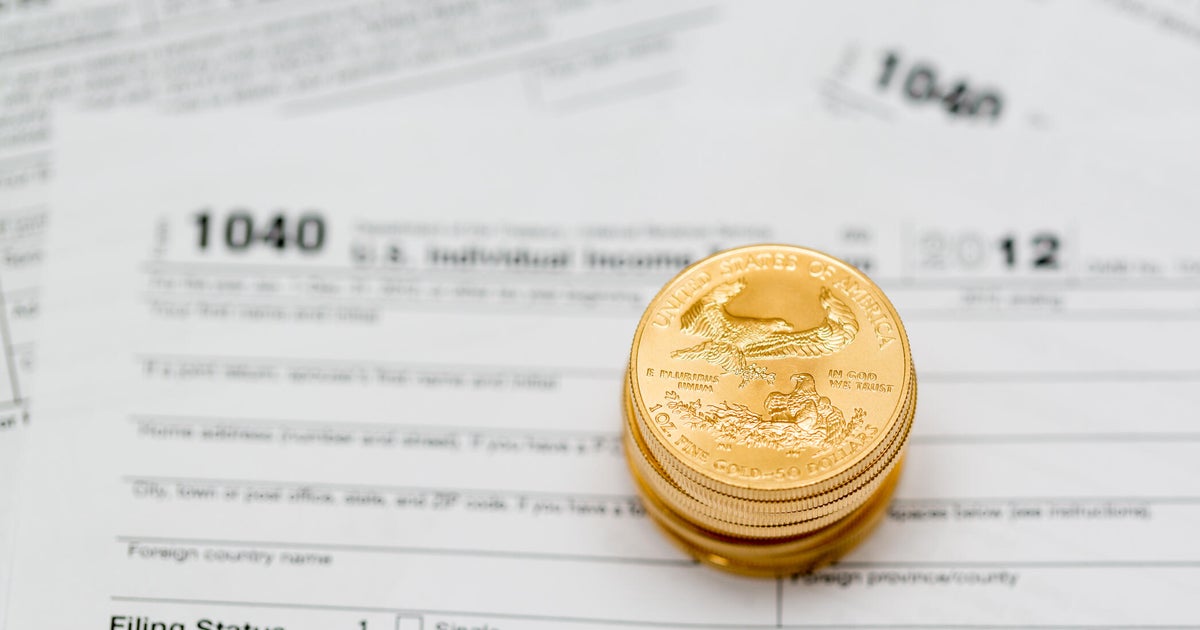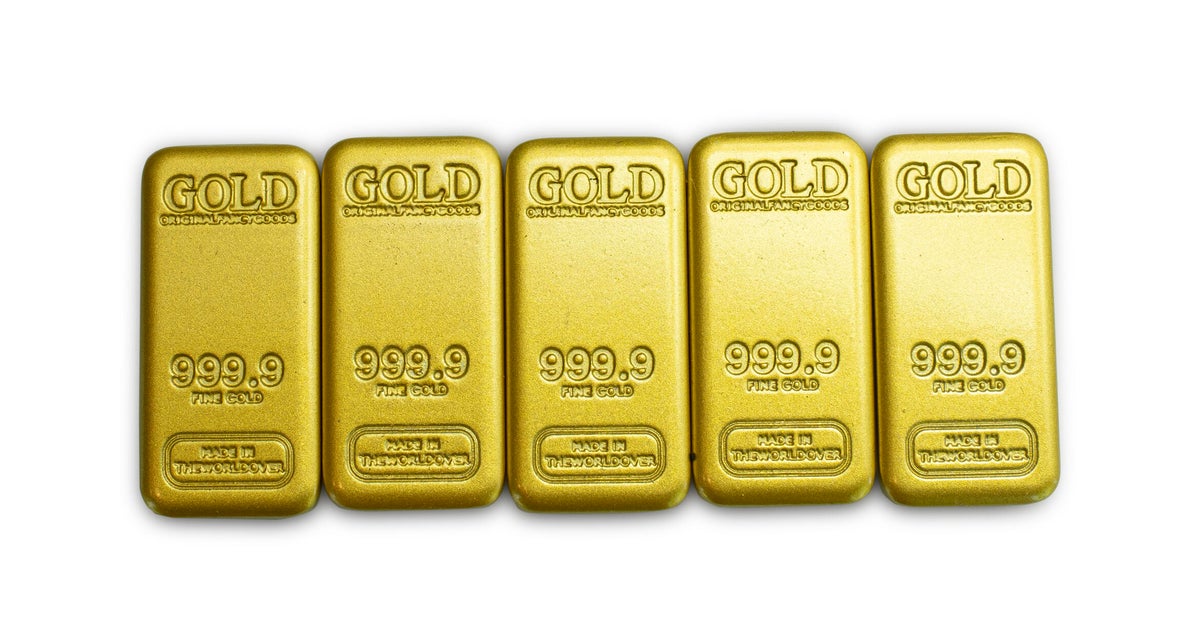Which gold investment type is best for seniors?
As seniors approach retirement or are already enjoying their golden years, financial stability becomes a top priority. And, in many cases, that can mean finding the right balance between risky and stable investments to ensure that their portfolio is well diversified.
One tried and true way to diversify a portfolio is to add gold to it. After all, gold investments are often seen as a reliable hedge against economic uncertainties and can protect wealth, two factors that are incredibly important during retirement.
However, there is a wide range of gold investments to pick from, and some options may be more beneficial for seniors' retirement needs than others. So which gold investment options are best suited for seniors?
Learn what gold investing can offer you with a free information kit.
Which gold investment type is best for seniors?
There are a few different gold investing options that could make sense for seniors, including:
Gold IRA
With a gold individual retirement account (IRA), seniors can hold physical gold or gold-related assets within a tax-advantaged retirement account. This option can be particularly advantageous for retirees for the following reasons:
Pros:
- Tax advantages: Gold IRAs offer potential tax benefits for retirement savings, helping seniors preserve their wealth.
- Portfolio diversification: Seniors can add gold to their retirement accounts, ensuring stability during economic downturns.
Cons:
- Custodian fees: Gold IRAs may come with annual custodian fees, which can add to the costs.
- Limited contributions: There are IRS-imposed limits on annual contributions, but this can also help manage risk, which could also be considered a benefit in some cases.
Explore your top gold investing options here.
Physical gold
Physical gold, such as gold coins and bars, offers seniors a tangible and secure investment, which makes it a popular choice among investors. And, this type of gold investment may be a top choice for many older investors due to the following reasons:
Pros:
- Tangible assurance: Physical gold provides a sense of security, as you can hold it in your hands. And, the tangible nature of this investment also makes it easy to sell if you need more liquidity.
- Asset ownership: Seniors have direct ownership of their investment when purchasing physical gold, reducing the counterparty risk and providing peace of mind that the investment is safe.
Cons:
- Storage and security: Safeguarding physical gold can be a concern and may involve additional costs for custodian fees, storage fees and other expenses.
- Slow price growth: Physical gold tends to appreciate in value over time. It doesn't typically increase in value overnight, so it's best as a longer-term investment, which may not be the right strategy for every senior investor.
Gold ETFs
Gold exchange-traded funds (ETFs) are popular among seniors who seek a liquid and easily tradable gold investment. These funds can be especially beneficial for retirees. Here's why:
Pros:
- Easy liquidity: ETFs can be bought and sold on stock exchanges during trading hours, providing easy access to funds.
- Lower costs: They typically have lower expenses compared to actively managed funds.
- Diversification: Gold ETFs offer diversified exposure to gold prices without owning physical gold.
Cons:
- Counterparty risk: Investors rely on the issuer of the ETF to back the fund with actual gold. That can increase the risk of investing in gold with this option.
- Brokerage fees: Seniors should be mindful of brokerage fees associated with buying and selling ETFs, which can increase the cost of gold ETF investing.
Gold stocks
Investing in gold stocks, like gold mining stocks, can be a viable option for seniors looking for potential growth and dividend income in their portfolios. While riskier than many other gold investment options, gold stocks can still be a smart move for seniors for a few different reasons:
Pros:
- Dividend income: Some gold mining stocks pay dividends, providing additional income to retirees. That can be especially useful if funds are limited
- Growth potential: Stocks may appreciate in value, potentially outperforming the price of physical gold, as the value of gold bars and coins grows at a much slower pace.
Cons:
- Market volatility: Stock prices can be more volatile than the price of physical gold, posing risks. For seniors who can't or don't want to take on more risk than necessary, this could be the wrong option.
- Company-specific risks: Performance depends on the success of individual mining companies, which adds to the overall risk of investing in gold stocks.
The bottom line
For seniors seeking the best gold investment options, the choice ultimately hinges on individual financial goals, risk tolerance and preferences. To ensure a secure and comfortable retirement, it's crucial to carefully consider factors like liquidity, security and costs when making an informed decision. A well-balanced approach that combines various gold investment types may offer the best protection and growth potential for seniors' retirement portfolios.




